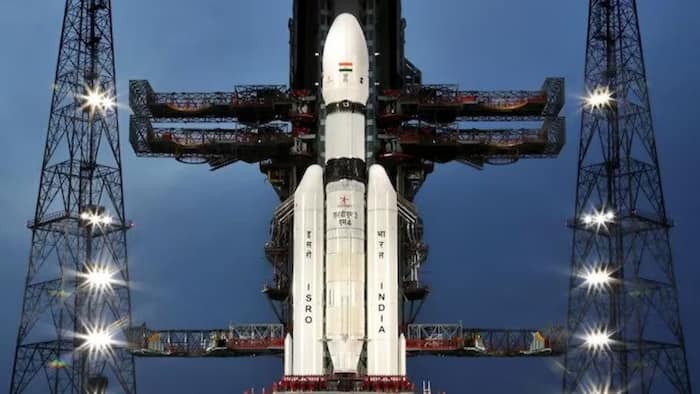
Written By Om Gupta
Published By: Om Gupta | Published: Aug 18, 2023, 06:45 PM (IST)


Chandrayaan-3 lander module has successfully undergone its first deboosting manoeuvre, the Indian Space Research Organisation said. The deboosting is the process of slowing down to attain a position in an orbit where the orbit’s closest point to the Moon (Perilune) is 30 km and the farthest point (the Apolune) is 100 km. The recent manoeuvre has reduced the lander’s orbit to 113km x 157km. The second deboosting operation is scheduled for August 20, 2023, at around 02:00 AM IST. The first manoeuvre will plant Vikram Lander into a circular orbit at a height of 100x100km above the Moon.
After this manoeuvre, the lander will undergo a second manoeuvre that will position the lander into a final orbit at a height of 100x30km above the lunar surface. The lander will initiate the final landing from this orbit on August 23.
“The Lander Module (LM) health is normal. LM successfully underwent a deboosting operation that reduced its orbit to 113 km x 157 km. The second deboosting operation is scheduled for August 20, 2023, around 0200 Hrs,” ISRO posted on X (formerly Twitter) at 4.02 PM.
Chandrayaan-3 Mission:
The Lander Module (LM) health is normal.LM successfully underwent a deboosting operation that reduced its orbit to 113 km x 157 km.
The second deboosting operation is scheduled for August 20, 2023, around 0200 Hrs. IST #Chandrayaan_3#Ch3 pic.twitter.com/0PVxV8Gw5z
— ISRO (@isro) August 18, 2023
After landing, the rover will collect data on the composition and geology of the moon. This data will provide scientists with invaluable insights into the history and evolution of the moon.
Vikram Lander, which is named after the father of the Indian space programme Dr Vikram A Sarabhai, was launched into space by LVM3 heavy-lift launch vehicle from the Satish Dhawan Space Centre in Sriharikota on July 14. On August 5, the lander entered the lunar orbit and separated from the propulsion module on August 17.
ISRO is aiming to make a soft landing on the south pole of the moon, which will make India the fourth country in the world to achieve this feat after the United States, Russia and China. The Chandrayaan-3 was approved at a cost of Rs 250 crores and its development commenced in January 2020 but its launch got delayed due to the COVID-19 pandemic.
This is the second attempt by ISRO to soft-land on the lunar surface after the Chandrayaan-2 mission faced challenges and ultimately failed to soft-land on the moon. The key scientific outcomes from Chandrayaan-2 include the first-ever global map for lunar sodium.